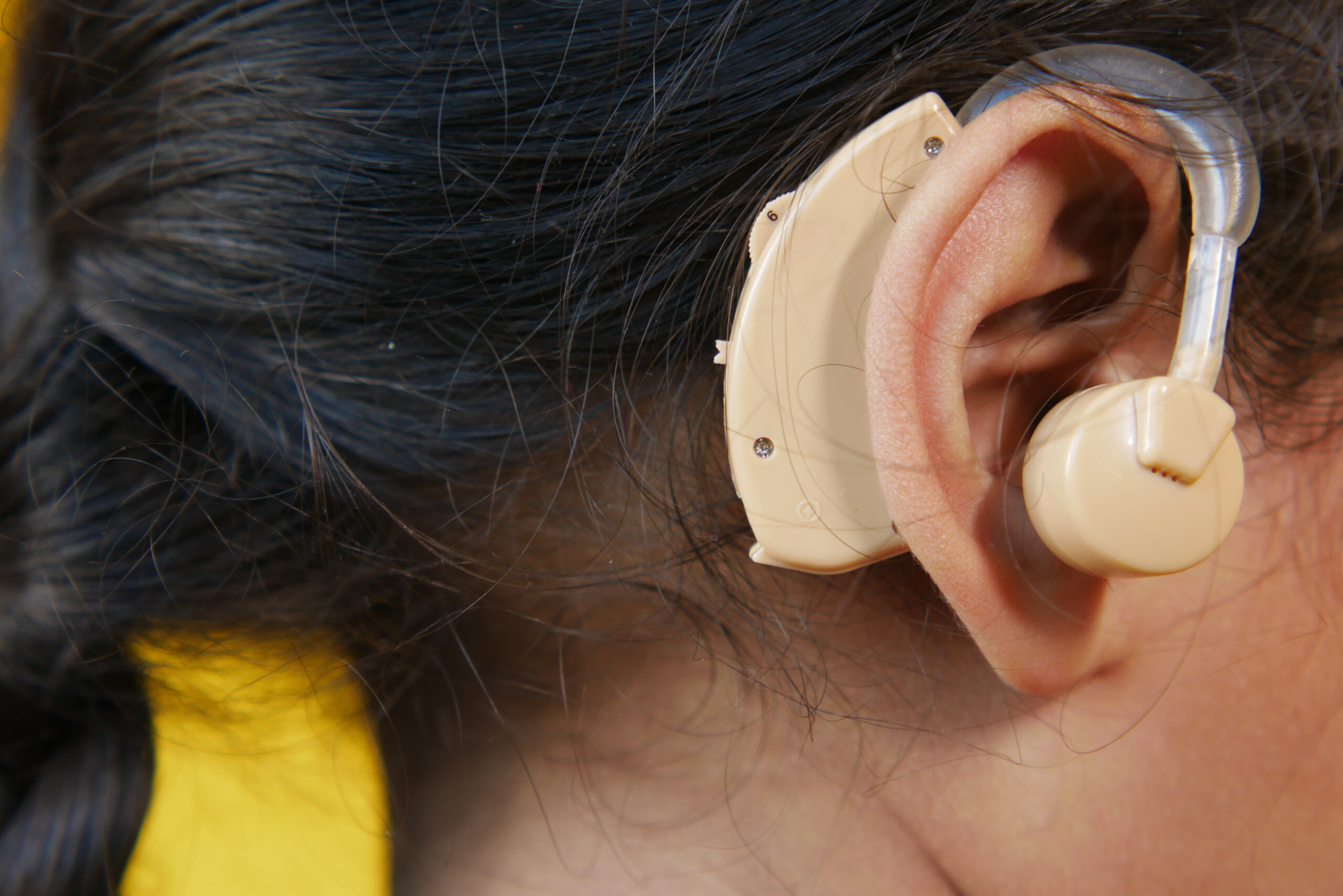ANN/THE CHINA DAILY – The first batch of participants for the world’s first successful clinical trial of a gene therapy for congenital hearing loss, conducted on children are reported safe and healthy with an improved ability to engage in daily conversations.
Shu Yilai, director of the inherited deafness diagnosis and treatment centre affiliated with the Eye and ENT Hospital of Fudan University in Shanghai, shared this during the annual conference of the European Society of Gene and Cell Therapy (ESGCT) held in Belgium last week.
The results of the study regarding the gene therapy drug RRG-003 showed the great potential of gene therapy, the hospital said, which may open a new era for treating hearing impairment and promote gene therapy for congenital hearing loss in clinical practice.
“Any improvement in a patient’s hearing is a complete victory. It is remarkable if we can do anything to help patients reduce hearing loss. We understand this is a first step in their clinical research and also a very important step,” said Lawrence Lustig, a renowned medical expert specialising in hearing treatment and research at Columbia University in the US.
The ESGCT annual conference is one of the world’s most authoritative international academic conferences in the field of gene and cell therapy.
The meeting this year brought together more than 2,500 experts and scholars, including researchers, scientists, doctors and industry professionals from all over the world, to exchange and share the latest research results, technological progress and innovative treatments.
There are as many as 26 million individuals with congenital deafness globally, and about 30,000 deaf infants are born in China each year.
Experts said that 60 per cent of them are related to genetic factors, which seriously damage such children’s speech and intellectual development, but there is no effective therapy.
One particular genetic mutation, OTOF, is an important factor causing severe hearing loss and speech impairment in children.
Shu has worked in this field both in scientific research and clinical study for more than a decade, and has partnered with a team at Harvard Medical School and pharmaceutical companies to tackle the puzzle.
The gene therapy medicine, RRG-003, can introduce normal genes or therapeutic genes into target cells to compensate or correct defective or abnormal genes.
The team launched the first clinical trial in China in October last year, and completed the therapy for the first patient outside of China in December.
The clinical trial is expanding to enroll more patients at this stage.








